First-ever study using realistic field doses of neonicotinoid pesticides has confirmed their deadly effects on honey bee populations. Researchers have quantified the length and magnitude of pesticide exposure in Canada’s cornfields, and mimicked the exposure in a lab setting. They found that the lifespans of worker and queen honey bees are cut by 23% after […]
Tag: pesticides
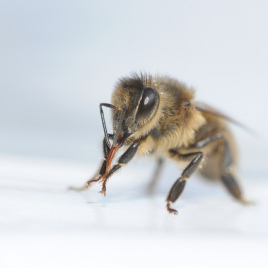
Stingless bees are more vulnerable to pesticides than honeybees
Some chemicals used in agriculture can be a threat to key pollinators like bees, which can put entire plant species at risk of extinction. A new study tested the effect of insecticides, fungicides and their various combinations on two bee species: the Africanized honeybee and the stingless bee. Results showed that the stingless bees are […]
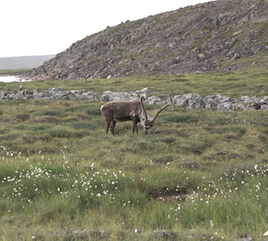
Caribous and wolves metabolize some pesticides
Caribou and wolves living in the Canadian Arctic are able to metabolize some pesticides according to a new study. By analyzing local vegetation and the tissue of captured caribous and wolves researchers looked to see if the pesticide levels would biomagnify – increase in concentration up the food chain. They saw that while currently used pesticides do enter the food […]
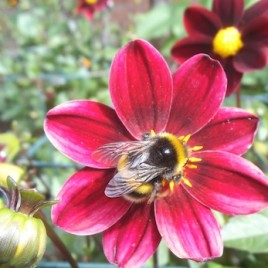
Exposure to pesticides impairs bees’ foraging ability
A new analysis confirms that exposure to pesticides – including one in the neonicotinoid (neonic) class – has a negative impact on bees’ foraging ability. The study used radio-frequency identification (RFID) tags to track 259 bees from 40 colonies over 4 weeks. Bees exposed to the neonic pesticide either by itself or mixed with another […]
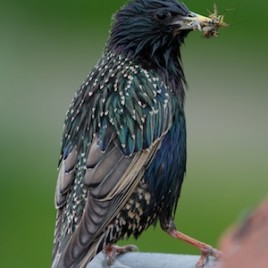
Link drawn between pesticide use and bird declines
Researchers in the Netherlands have drawn a link between use of the neonicotinoid (neonic) pesticide imidacloprid and declines in insect-eating birds. The study found that in areas of the Netherlands where imidacloprid concentrations in surface water were highest – more than 20 nanograms per litre – bird populations tended to decline by 3.5 per cent […]
Predicting species tolerance to pesticides
A new computer model could help biologists predict how various species will respond to pesticides. Because of varying responses to pesticides between species – including their tendency to develop tolerance – it’s costly and difficult not only to judge their potential effectiveness but also to manage the unintended consequences in non-target species. The new model […]
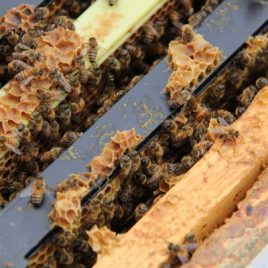
GM rats and maize | Expert Comments
Expert Comments – GM maize and rats In 2012, a study was published in Food and Chemical Toxicology by Séralini et al. titled “Long term toxicity of a Roundup herbicide and a Roundup-tolerant genetically modified maize.” The paper’s design, methodology and use of statistical tools attracted a great deal of criticism from the scientific […]